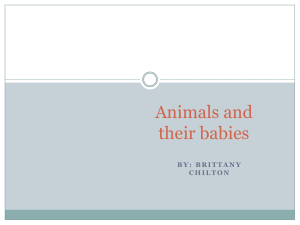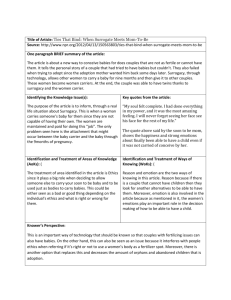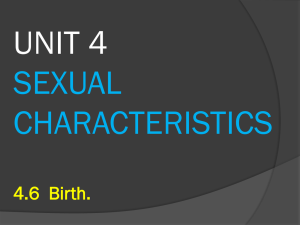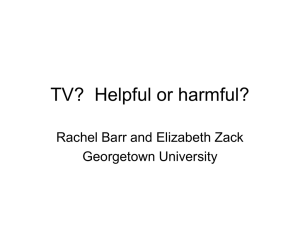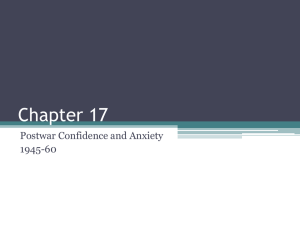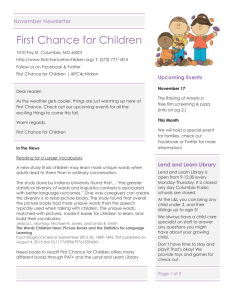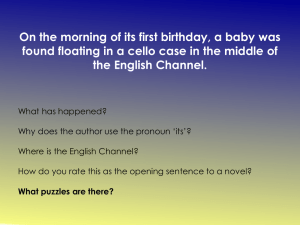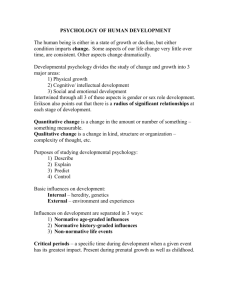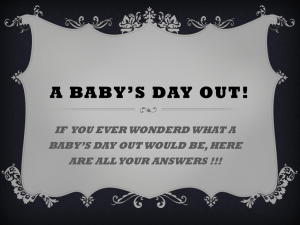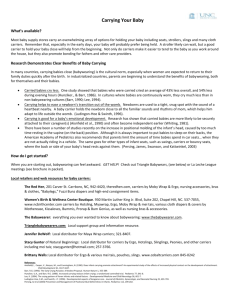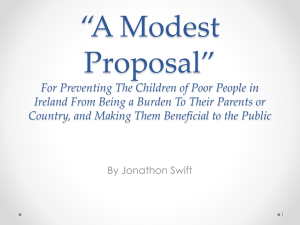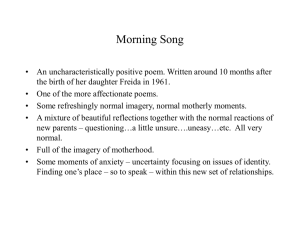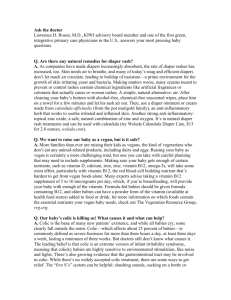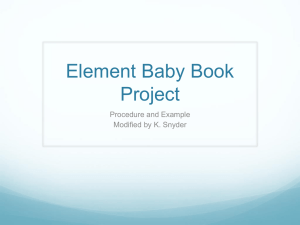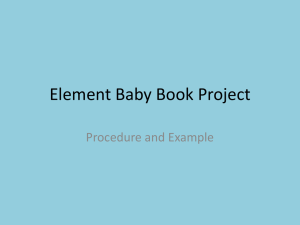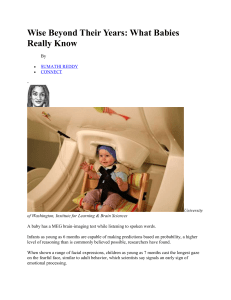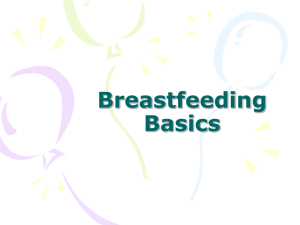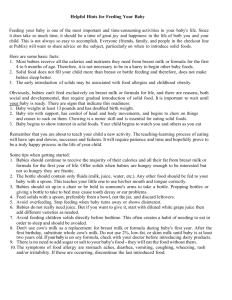--from Elie Wiesel*s Night
advertisement
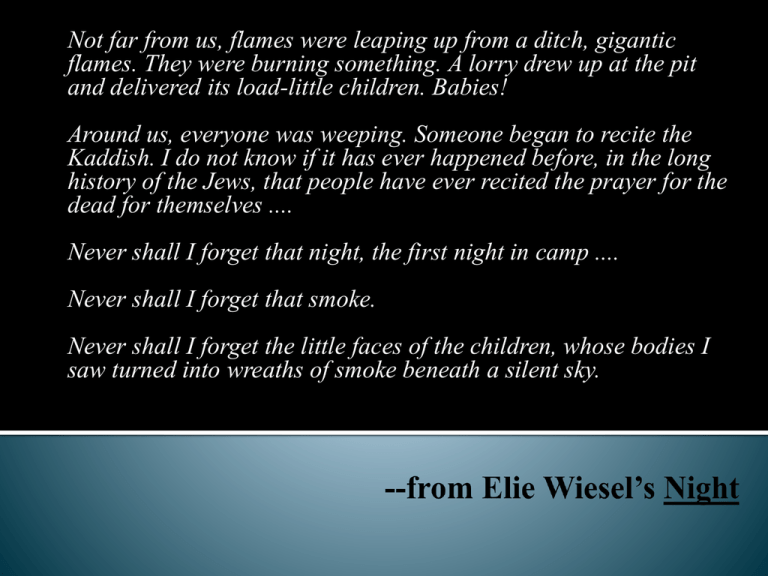
Not far from us, flames were leaping up from a ditch, gigantic flames. They were burning something. A lorry drew up at the pit and delivered its load-little children. Babies! Around us, everyone was weeping. Someone began to recite the Kaddish. I do not know if it has ever happened before, in the long history of the Jews, that people have ever recited the prayer for the dead for themselves .... Never shall I forget that night, the first night in camp .... Never shall I forget that smoke. Never shall I forget the little faces of the children, whose bodies I saw turned into wreaths of smoke beneath a silent sky. -- "In this train women gave birth to babies who were thrown out of the windows [of the cattle car] during the journey." The Nazis tossed babies in the air and used them for target practice. She held the baby in her arms. The Jews from Poland, who were seniors at the camp compared to us, knew that mothers with babies would be sent to the gas chambers immediately. When they saw the young woman with the baby, they shouted at her to give her baby to an older woman. The mother, without understanding what these Jews meant in their screams, gave her baby to an older woman in confusion. The older woman was also from Cluj. I knew her. She, with the baby, went to the gas chambers. The young mother lived for a short while afterwards. In those hours, no one understood anything about what was going on around us, or with us. It was horrible, just horrible. The next day, the mother burst out in shrieks: "Where is my baby?! Where is my baby?!" One Mrs. Eliaz testified in a hearing about Dr. Mengele that he did not at first detect her pregnancy. Angered that she had thus escaped the gas chambers, Mengele ordered her to give birth to the baby. Once it was born, he forced her to cover her breasts with tape. "The child grew thinner and thinner, weaker and weaker. Every day Mengele would come and look at it," Mrs. Eliaz recalled. Mengele thus studied how long a baby could live without food. After some days, a nurse stole some morphine and a syringe and told Mrs. Eliaz to put her baby out of its misery. After more days of seeing the infant's suffering, the mother finally acted. "I murdered my own child," she testified. Many babies were gassed & usually died in their mothers’ arms. As the killing frenzy intensified, thousands of Jewish children were thrown directly into the crematoria or into the burning pits alive. In 1944, a young Jewish woman arrived to Auschwitz, carrying a year-old baby. She was healthy and pretty and was spared the gassing. Before entering the gates of the camp, a SS-man pulled the baby from her hands and threw it alive into the crematorium oven. She survived to tell her story. Can you imagine experiencing this yourself, seeing it with your own eyes? I can’t.

